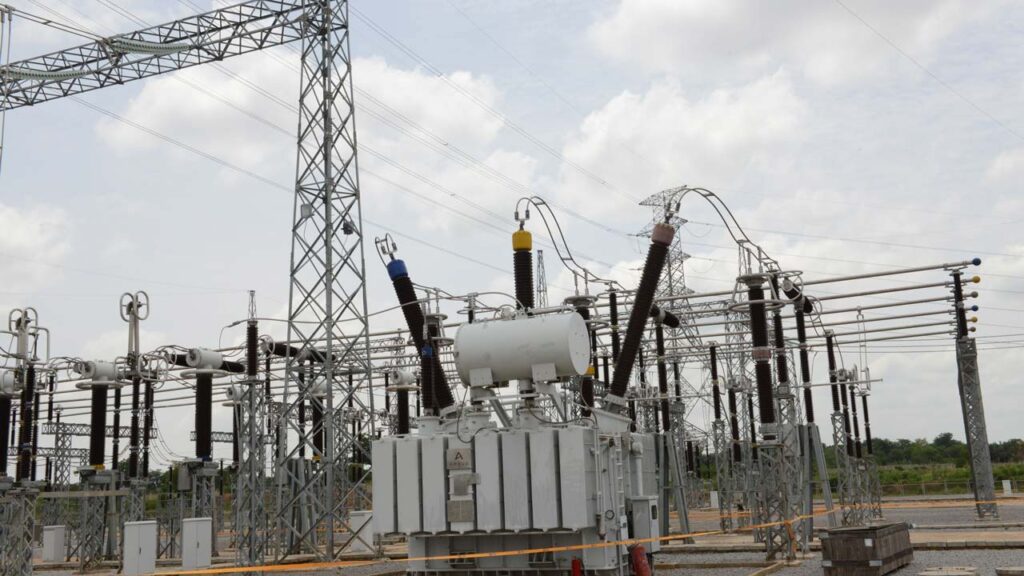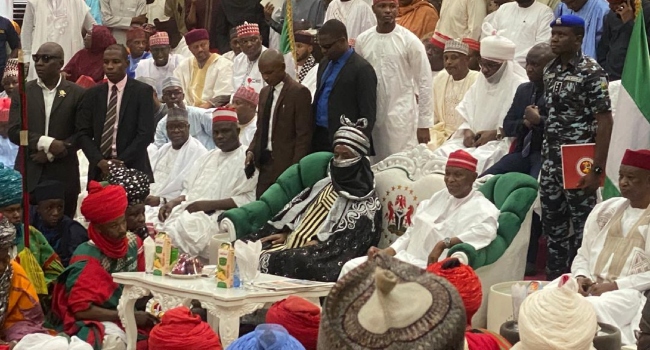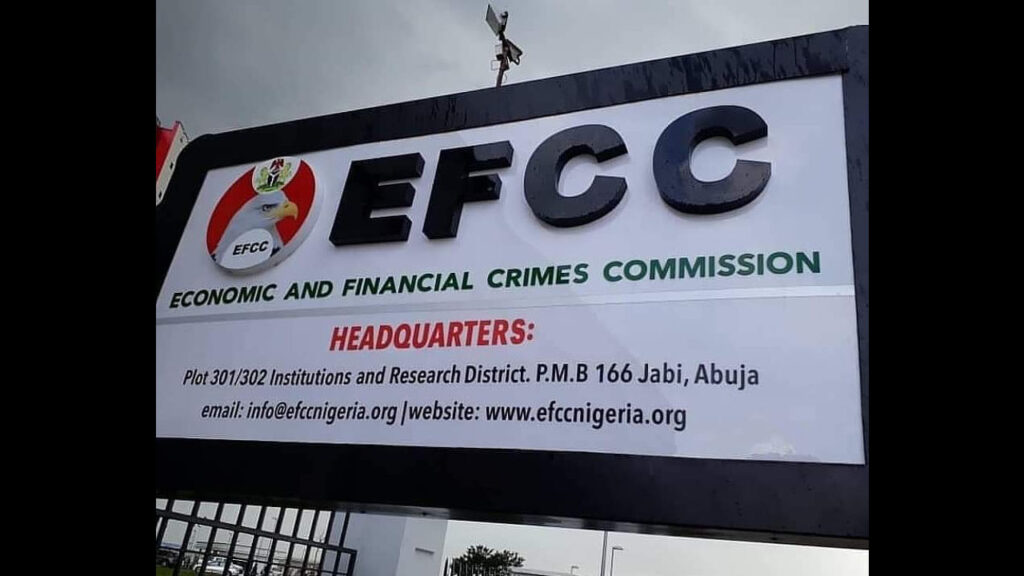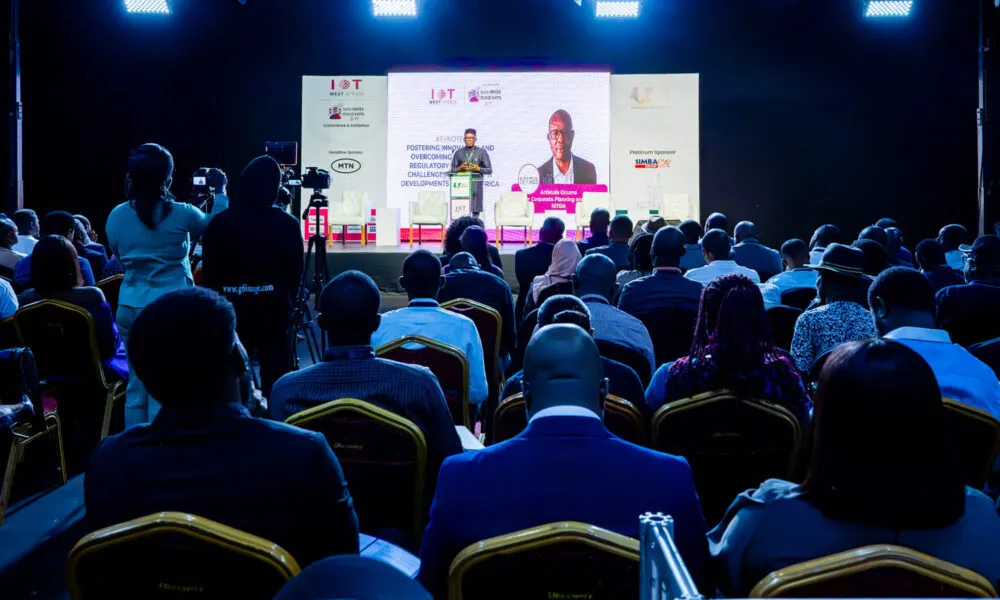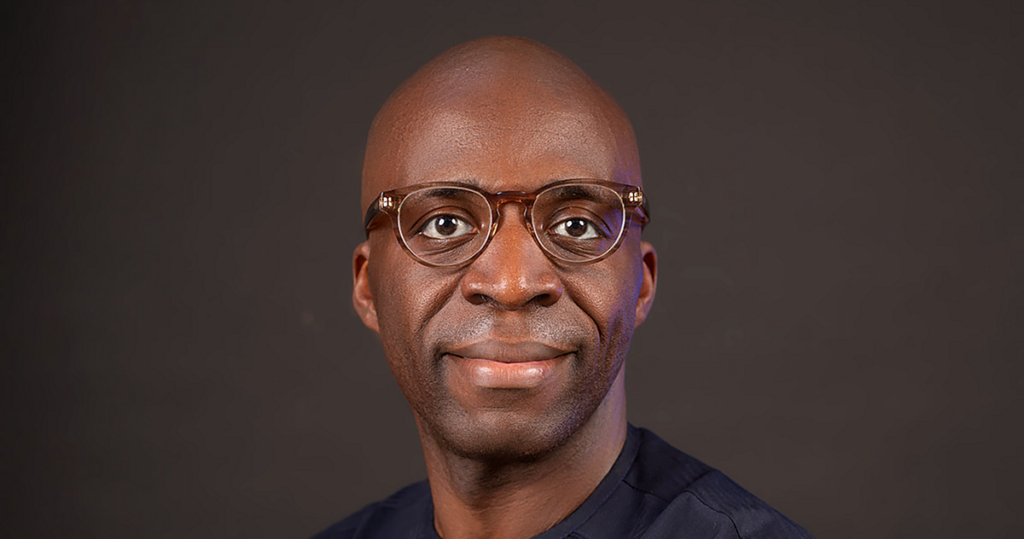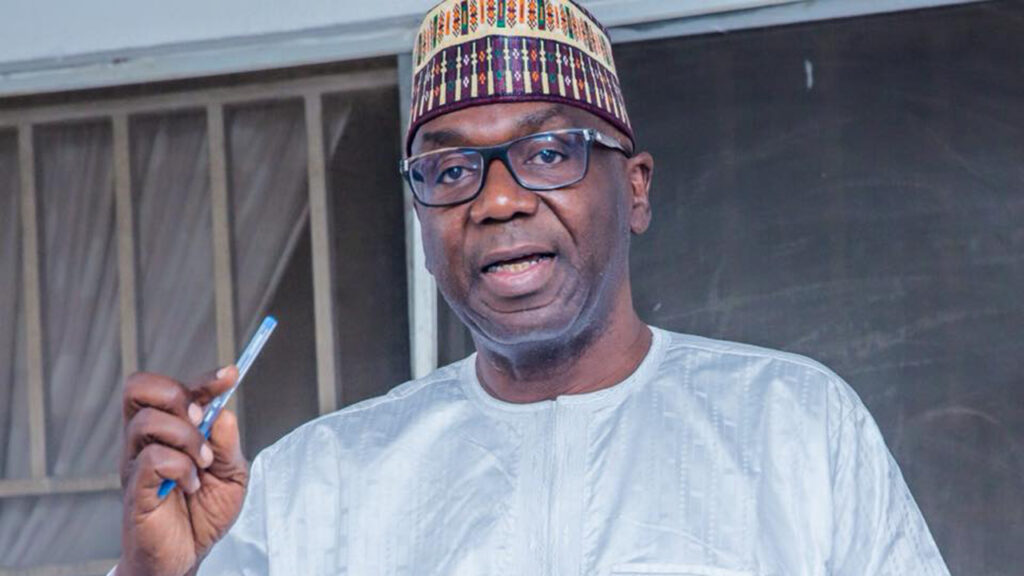
• Northern Elders’ Forum faults ‘oppressive’ increment
• Senate commits to protecting Nigerians, debate hike upon resumption
• DisCos go crafty as NERC lists areas covered by increase
• IBEDC reconnects power at UCH Ibadan
Only time will tell whether the recent tariff hike announced by the Nigerian Electricity Regulatory Commission (NERC) has come to stay or rather test the resolve of the citizenry.
For now, though, opposition to the move appears to be gathering momentum. The Northern Elders’ Forum (NEF), yesterday, condemned the decision, saying: “By implementing such an exorbitant electricity tariff, the government is effectively perpetuating a form of economic oppression that will only serve to widen the gap between the rich and the poor in Nigeria.”
The group submitted: “This act of exploitation must be firmly rejected and not be allowed to stand unchallenged.” Director of Publicity and Advocacy, Abdul-Azeez Suleiman, explained in a statement: “NEF recognises that this drastic increase in electricity tariff will have a significant negative impact on the already struggling population, further exacerbating the gap between the rich and the poor. The breakdown of the new tariff reveals an alarming burden that the average Nigerian will face in affording electricity daily.
“Under the new tariff plan, 24 hours of electricity per day will cost a staggering N5,400, amounting to an unbearable monthly total of N162,000 and an astounding yearly total of N1,971,000. These exorbitant amounts are simply unaffordable for the majority of Nigerians, who are already grappling with economic hardship and trying to make ends meet.
“The decision to implement this tariff without considering the impact on the average citizen is not only callous but also short-sighted. The resulting consequences could potentially lead to internal security threats as the disparity between the haves and the have-nots becomes more pronounced.
“NEF strongly believes that this decision was made without carefully considering the economic realities faced by the majority of Nigerians, and it highlights the government’s lack of empathy towards its citizens.
“Instead of implementing policies that would alleviate the suffering of the people, the government has chosen to further exploit them. This introduction of exorbitant electricity tariff is not only unjust but also a clear indication of the disconnect between the government and the people they are meant to serve.
“It is a blatant display of the government’s disregard for the well-being of its citizens and a betrayal of the trust placed in them.” Also, the Senate said upon resumption from recess, it would debate the hike and take a position favourable to ordinary Nigerians.
Chairman, Committee on Media and Public Affairs, Yemi Adaramodu, dropped the hint in an interview. He told journalists: “The relevant Senate Committees on Power are studying the situation. You know, we are on recess now. When we resume, they will present their findings to Senate at plenary. We won’t abandon Nigerians.”
Adaramodu maintained that lawmakers would not lie low for any policy that would add to the economic burden of Nigerians. The Senate had, last February, knocked down proposed hikes in tariffs by distribution companies. It also rejected plans to remove electricity subsidy, given the economic hardship in the country.
The Red Chamber had also directed the Committees on Power to investigate the N2 trillion required for electricity subsidy payment, other debts owed in the sector, and the state of metering in the country.
The resolutions were sequel to the consideration and approval of a motion moved by Aminu Abbas (PDP, Adamawa Central) during plenary on the need to retain subsidy on electricity in the country for the foreseeable future.
This came as electricity Distribution Companies (DisCos) across the country are being accused of craftily implementing the increase across all bands, despite NERC having insisted that the increase only affects Band A customers.
Abuja Electricity Distribution Company (AEDC) issued a statement, yesterday, apologising for charging customers wrongly. While most of the other DisCos have issued circulars announcing tariff increase, there are concerns about effective monitoring and evaluation by NERC to keep customers from being swindled.
NERC had, on Wednesday, hiked the tariff, fixing N225 Kilowatt per hour for about 15 percent of electricity customers, who are in the Band A category.
The commission, yesterday, also released the list of affected feeders.
ADEOLA Samuel-Ilori, who is the National Coordinator of All Electricity Consumers Protection Forum (an accredited affiliate of the Federal Competition and Consumer Protection Commission, FCCPC), expressed dissatisfaction over the tariff hike.
In a letter to the commission, Samuel-Ilori said NERC’s order on MYTO 2024 had already announced an increase in tariff, which put Band A in the average of 120 for Non-MD Band A, MD1 Band A at 124, and Band A MD2 at 129 from January 25. He noted that the increase went through the stipulated process in Section 116(2)(d) of the Electricity Act, 2023 and can’t be changed along the way without following due process.
The letter reads in part: “If you recollect, in recent times, you issued a directive to all DisCos in Order/2024/ 007, which says that DisCos should refund adjustment to customers due to non-implementation of capping Order 197/2020, which took concerted effort from our office before you issued the sanction after four years. Did your office bother to ask or follow up to know if it was implemented? You told them in your directive to publish in the papers, the names of those they adjusted for by the end of March. Was it done? Instead of asking them how it will be done, you will rather reward customers with an increase in tariff, just to further pamper your babies in the name of DisCos.”
He demanded immediate reversal of the increase in Band A tariff and implementation of the order on meter refund, failing which a lawsuit would be instituted, 72 hours after receipt of the letter.
A consumer in Band A, Lynda Oche, described the decision by the commission to hike the tariff as unjustifiable because, according to her, she didn’t enjoy 20 hours of electricity.
“In my area, we’re on Band A. And I can tell you, the supply is in a sorry state. It was achieved when Goodluck Jonathan was President. Afterwards, it started deteriorating. Now, it’s worse.”
She said the hike came at the wrong time. She wondered how, despite not having had a good job, 10 years after graduation, she would be expected to pay so much.
Meanwhile, Adetayo Adegbemle, Executive Director of PowerUp Initiatives, clarified: “The areas covered by Band A feeders often have the highest quality of distribution infrastructure. The review is focused on Band A primarily because they represent a disproportionately high share of energy consumed, relative to their share of the customer population. As of 2023, Band A customers accounted for 15 per cent of the customer population. They consumed less than 40 per cent of the total energy delivered by DisCos while in some cases they accounted for 60 per cent of total consumption. Many industrial customers are on Band A.”
Also, Emeka Ojoko, a lawyer and Executive Coordinator, NEPA WAHALA NG, a power sector consumer awareness and protection initiative, said the hike was inevitable, following the increase in domestic gas prices by the Nigerian Midstream and Downstream Petroleum Regulatory Authority (NMDPRA).
He said although it is painful, in the long run, it is needed to make the industry profitable for stakeholders and attract more investment for boosting generation and distribution.
He said: “Measures have to be put in place, though, to checkmate the DisCos’ disposition to placing customers in tariff bands that do not reflect actual supply. Most Band A customers (who have been affected by the current increment) will testify that the power supply has deteriorated within the last three to six months; below 20 hours per day. Yet, they have not been downgraded to lower bands, contrary to NERC’s postulations.
“There will never be a good time to do it. The huge subsidy being paid by the government is also contributing to economic instability. So, the best is to get it done, manage the consequences, and move on. The government is suffering from a huge trust deficit, which will impair the people’s willingness to bear this burden without vociferous complaints. It would be a travesty if people end up paying more for less supply.”
Speaking at the National Executive Council (NEC) meeting in Abuja, yesterday, the President of the Petroleum and Natural Gas Senior Staff Association of Nigeria (PENGASSAN), Festus Osifo, blamed the crash of the naira for the development.
He assured that the association would study the matter.
RELATEDLY, Ibadan Electricity Distribution Company (IBEDC), yesterday, reconnected power supply at the University College Hospital (UCH), Ibadan.
IBEDC had disconnected supply of the premier teaching hospital over an accumulated debt of N495 million. The Chief Medical Director of the hospital, Prof. Jesse Otegbayo, confirmed the development to The Guardian, saying: “Yes, IBEDC has reconnected the power supply.”
It would be recalled that staff at the hospital vowed to scale down their working hours following the disconnection. IBEDC, yesterday, said the college paid 10 per cent of its indebtedness, adding that a repayment plan has been worked out. The spokesperson, Busolami Tunwase, said: “They have paid 10 per cent of their debt and we have ironed out a workable payment plan. We wish they fulfil their side of the agreement.”

